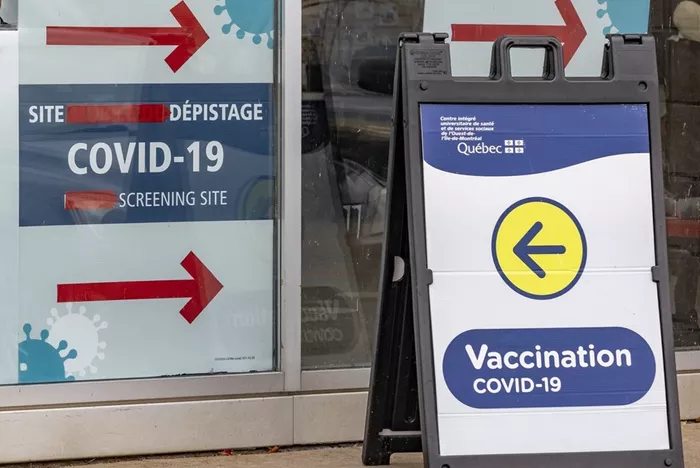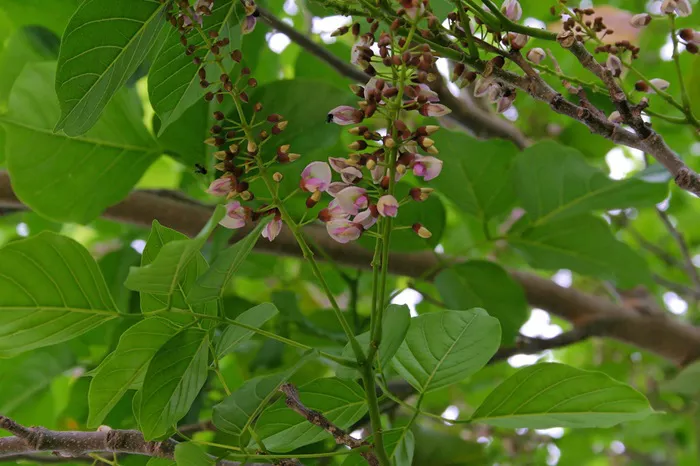Quebec is experiencing a surge in COVID-19 hospitalizations, countering the notion that SARS-CoV-2 has become a fully seasonal virus across North America. As of July 5, the province reported 671 hospitalizations, up from a low of 400 in April. Concurrently, the percentage of Quebecers testing positive has risen to 12.9% as of June 30, challenging the idea of COVID-19 as a summer-seasonal virus akin to the flu.
Dr. Susan Kuo, a British Columbia family physician, underscored that COVID-19 remains active throughout the year, contrary to seasonal expectations. Similarly, Maria Van Kerkhove from the World Health Organization emphasized ongoing global efforts to monitor and assess new variants’ impact.
While Quebec’s long-term care centers and hospitals report increased COVID-19 outbreaks, current infection-control measures mitigate the severity compared to previous waves. However, challenges persist due to staffing shortages, particularly among nurses on vacation.
Despite the prevalence of SARS-CoV-2, Quebec’s COVID-19 mortality rate has decreased significantly from previous years. Nonetheless, emerging data highlights persistent health risks associated with long COVID, including neurological and psychiatric sequelae.
The rise in cases and hospitalizations is attributed largely to the KP.3 sub-variant, prompting vaccine manufacturers to adapt upcoming COVID-19 shots accordingly. Novavax, for instance, is developing a vaccine targeting multiple sub-lineages, including KP.3, underscoring ongoing efforts to mitigate virus transmission.
As Quebec navigates these developments, continued adherence to preventive measures remains crucial, despite reduced focus on improving indoor air ventilation—a measure that could mitigate viral spread significantly.
[inline_related_posts title=”You Might Be Interested In” title_align=”left” style=”list” number=”6″ align=”none” ids=”10660,10654,10657″ by=”categories” orderby=”rand” order=”DESC” hide_thumb=”no” thumb_right=”no” views=”no” date=”yes” grid_columns=”2″ post_type=”” tax=””]



































